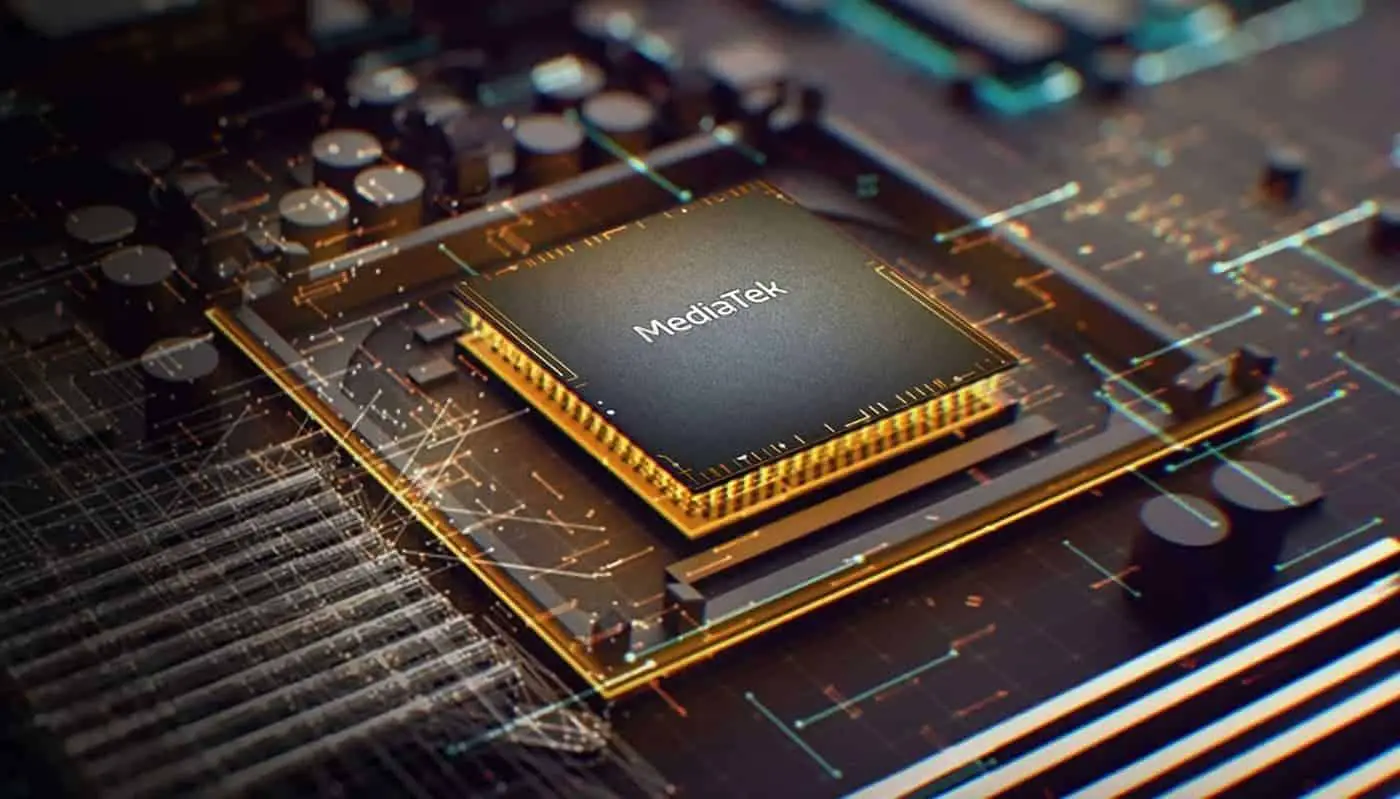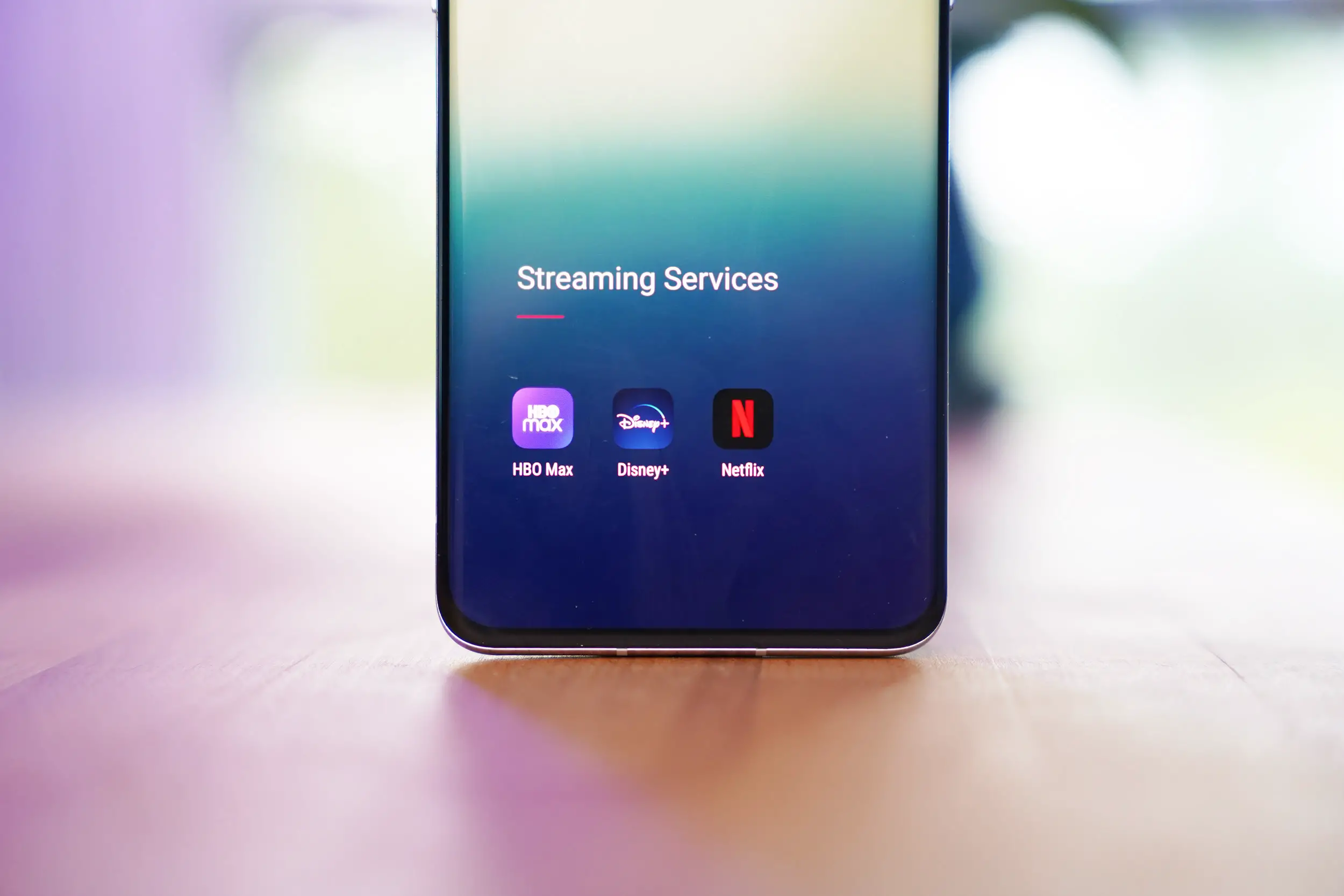Hot on the heels of Google’s Pixel 6 launch complete with the company’s first in-house chip, Tensor, the first leaks are beginning to appear regarding MediaTek and Qualcomm’s future offerings. According to Digital Chat Station, we now know that both the MediaTek Dimensity 2000 and Qualcomm Snapdragon 898 will be built on the 4nm process. This means that the processors will be smaller than ever before, as the SD888 and Dimensity 1200 are both built on the 5nm process.
#DigitalChatStation
The current sample parameters of Snapdragon 898 and Dimensity 2000, the start of pressure treasure:Samsung 4nm, 1*3.0GHz X2 super large core + 3*2.5GHz large core + 4*1.79GHz small core, Adreno 730 GPU
— Digital Chat Station (@chat_station) October 20, 2021
According to this leak, the Snapdragon 898 will be comprised of the following cores:
- 1 x 3.0GHz Super Large Core
- 3 x 2.5GHz Large Core
- 4x 1.79GHz Small Core
- Adreno 730 GPU
As for MediaTek’s offering, it will include these cores:
- 1 x 3.0GHz Super Large Core
- 3 x 2.85GHz Large Core
- 4x 1.8GHz Small Core
- Mali-G710 MC10 GPU
While the Cortex X2 Cores are both clocked at 3.0GHz, the three “Large” cores are slightly over-clocked on the Dimensity 2000. And MediaTek will be relying on the Mali-G710 GPU compared to the Adreno 730 GPU on the Snapdragon 898. With the over-clocking, this should mean that the Dimensity 2000 could offer a bit more power compared to Qualcomm’s chipset, which would be rather impressive.
For years, Qualcomm has enjoyed a comfortable lead in the market, providing the processors for just about every major flagship in recent memory. But over the course of the past year or two, MediaTek has been rapidly catching up, and the Dimensity 2000 could prove to put MediaTek over the hump and create a true competitor for Qualcomm’s late-2021 flagship.
What remains to be seen, other than these being officially announced, are the companies that will tap MediaTek over Qualcomm for their upcoming devices. After being “stuck” with Qualcomm for so many years, it’s refreshing to see a competitor arrive on the scene, now it’s just up to the smartphone makers to make a decision as to which processor they want to use.











Comments